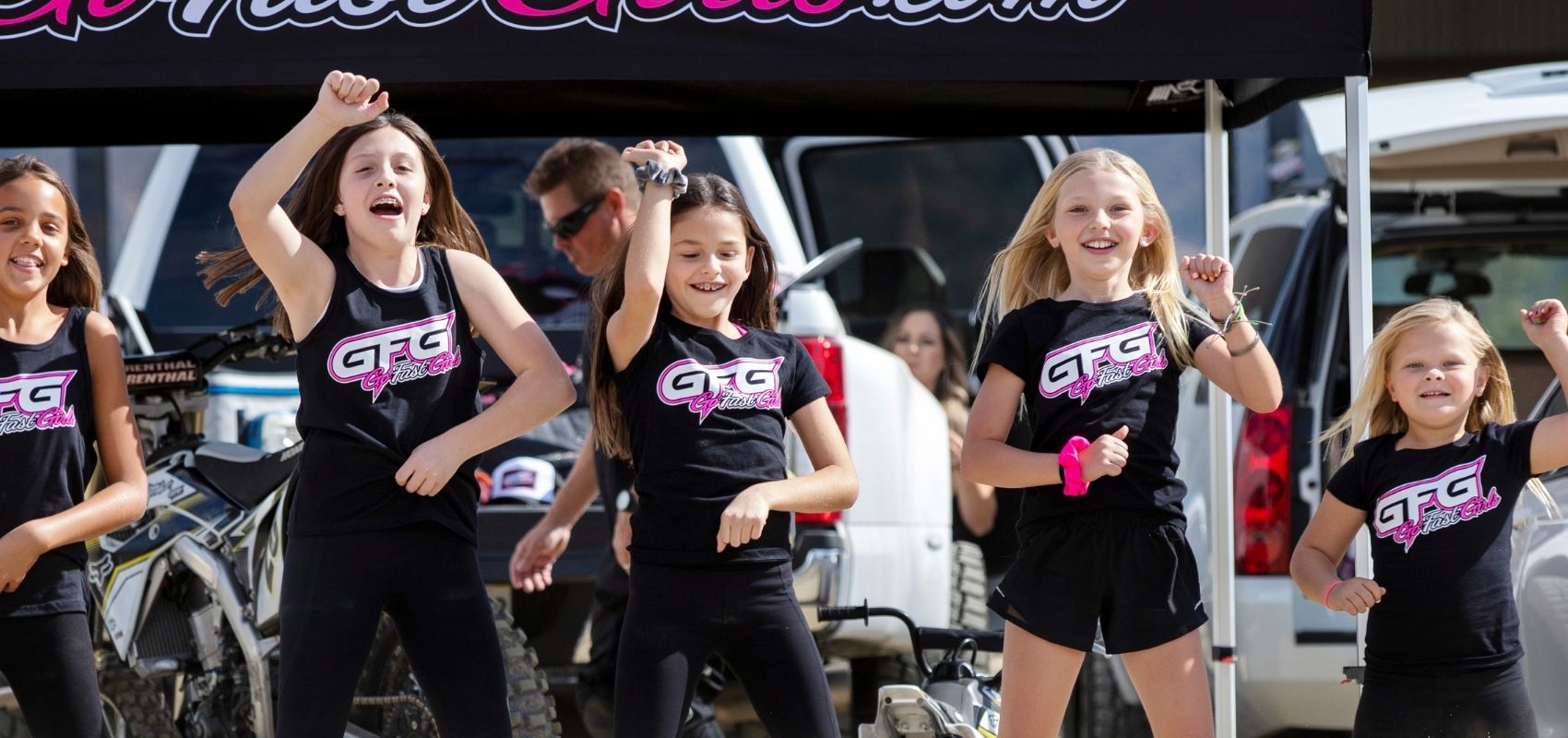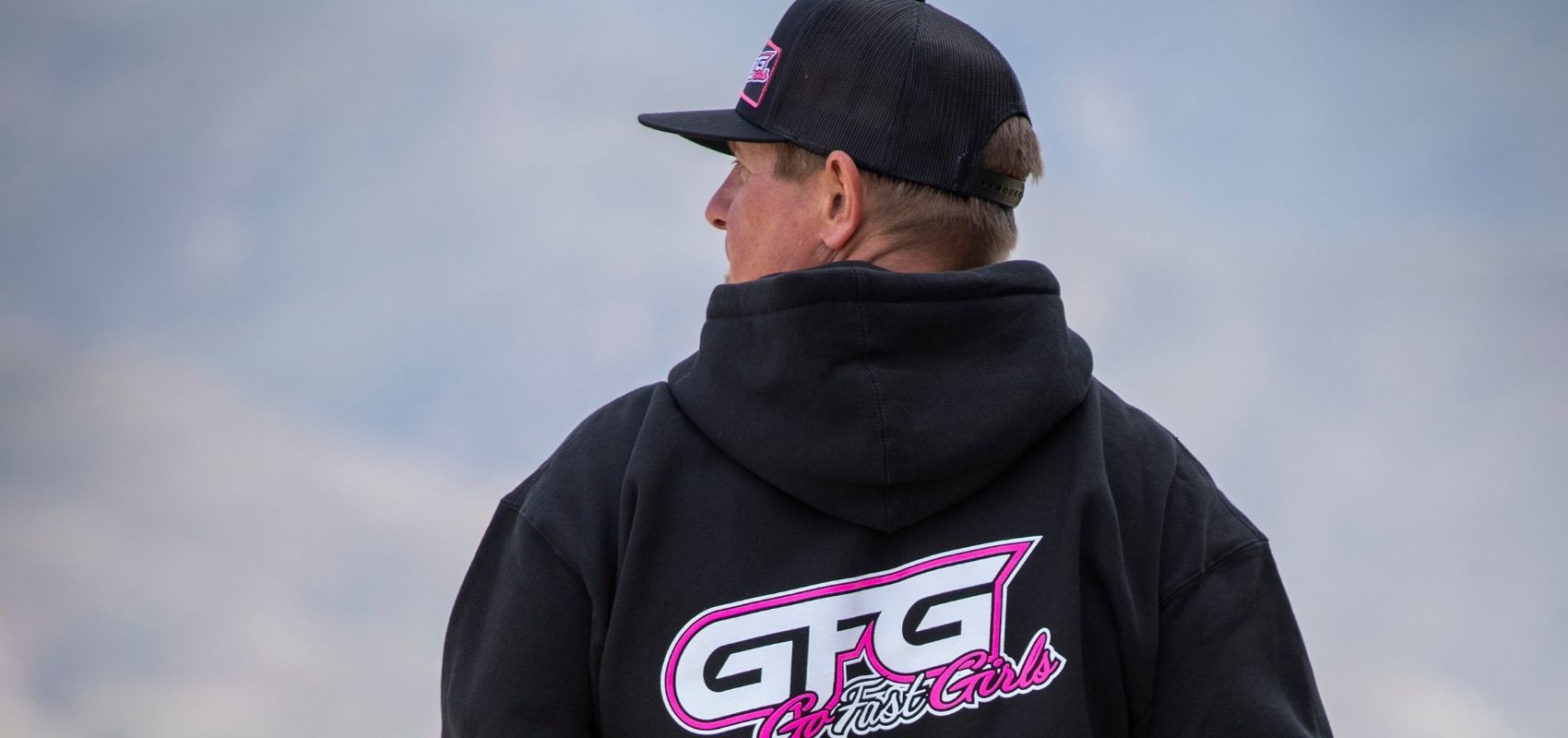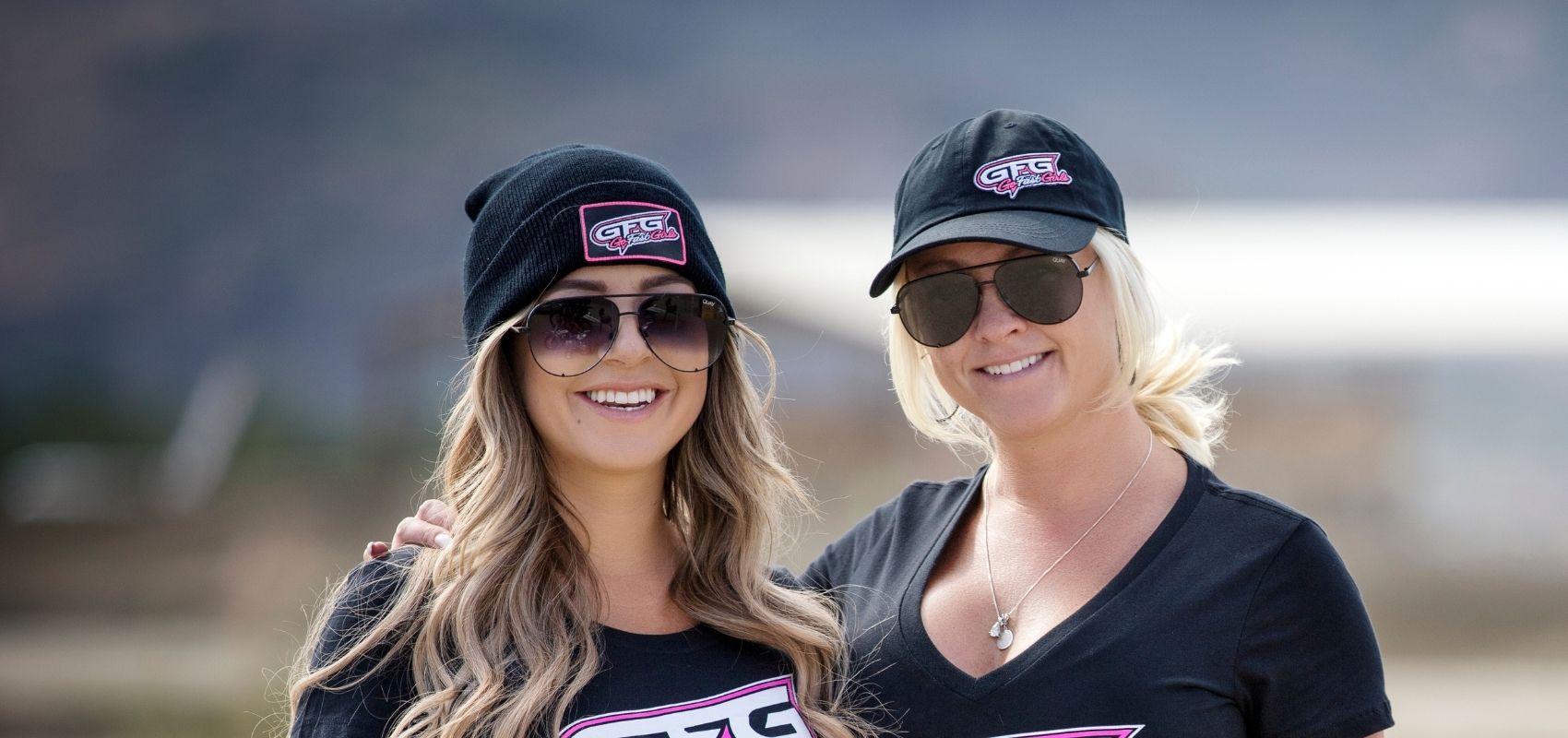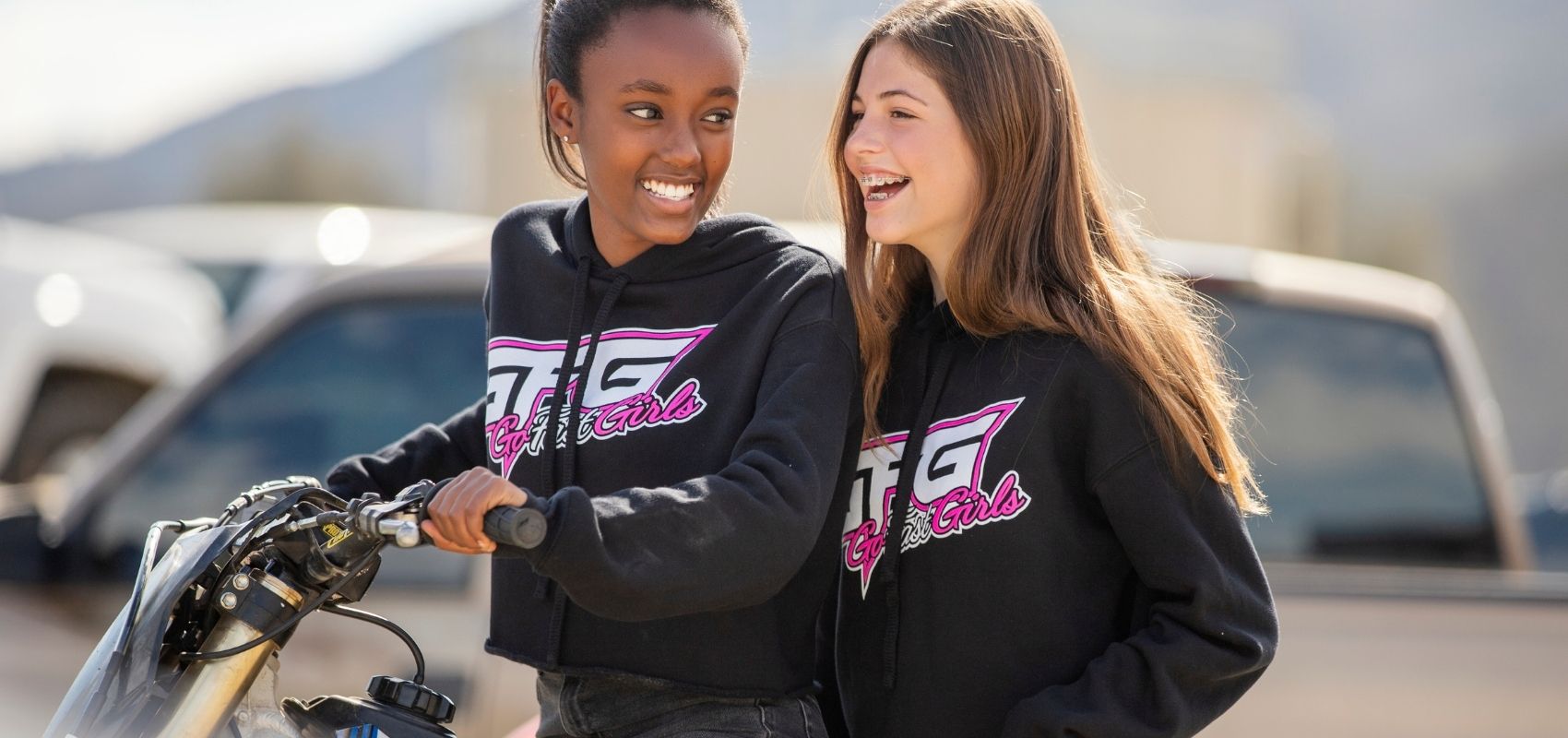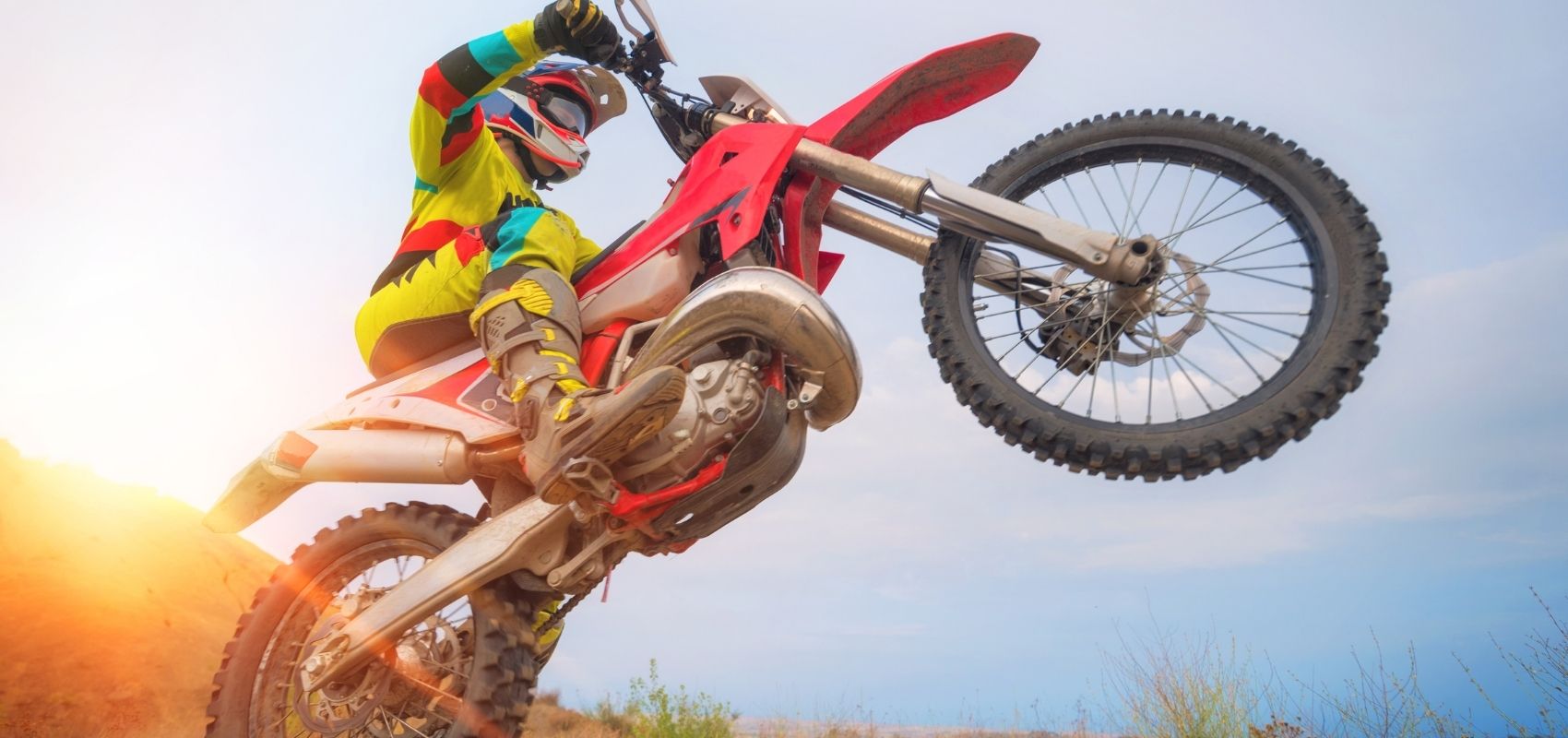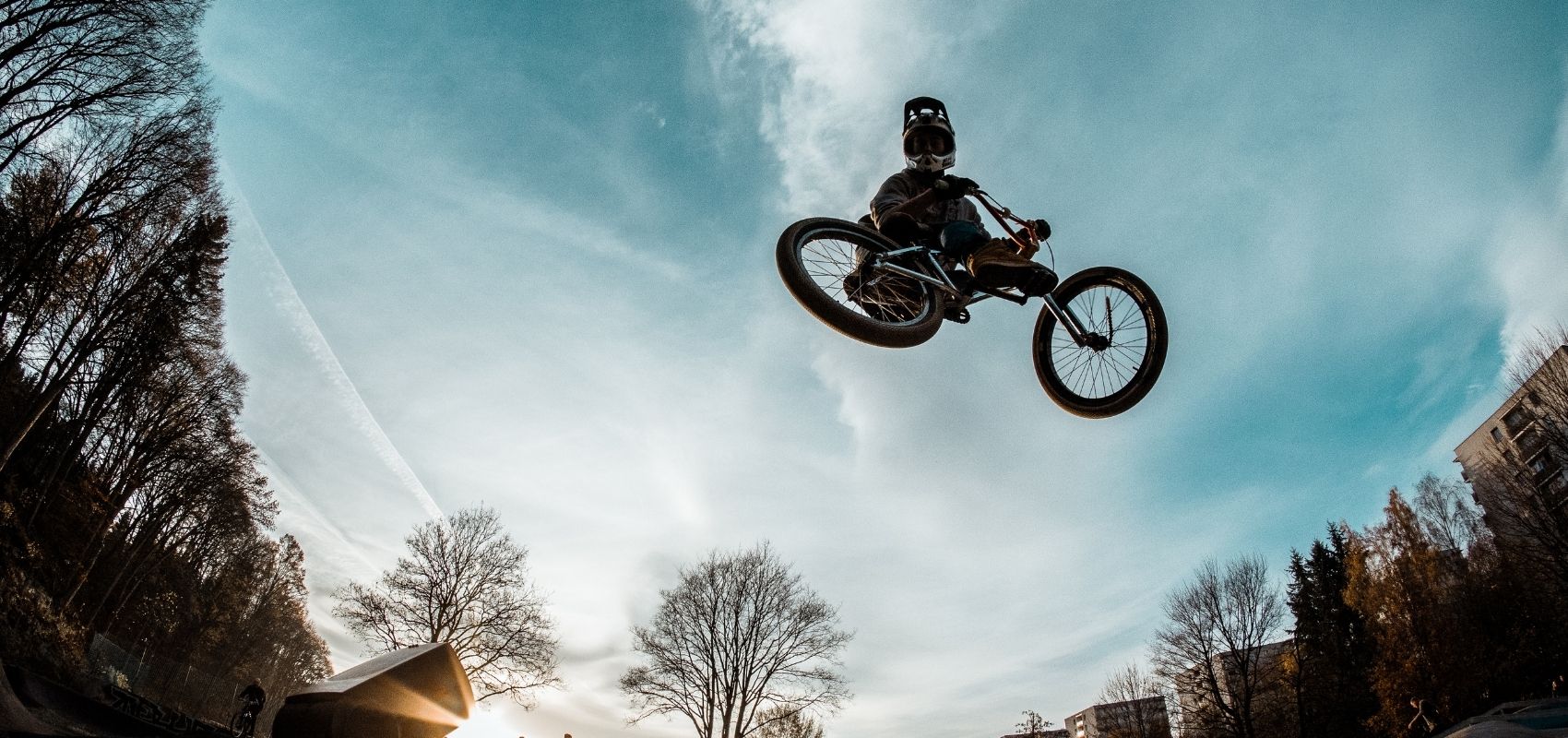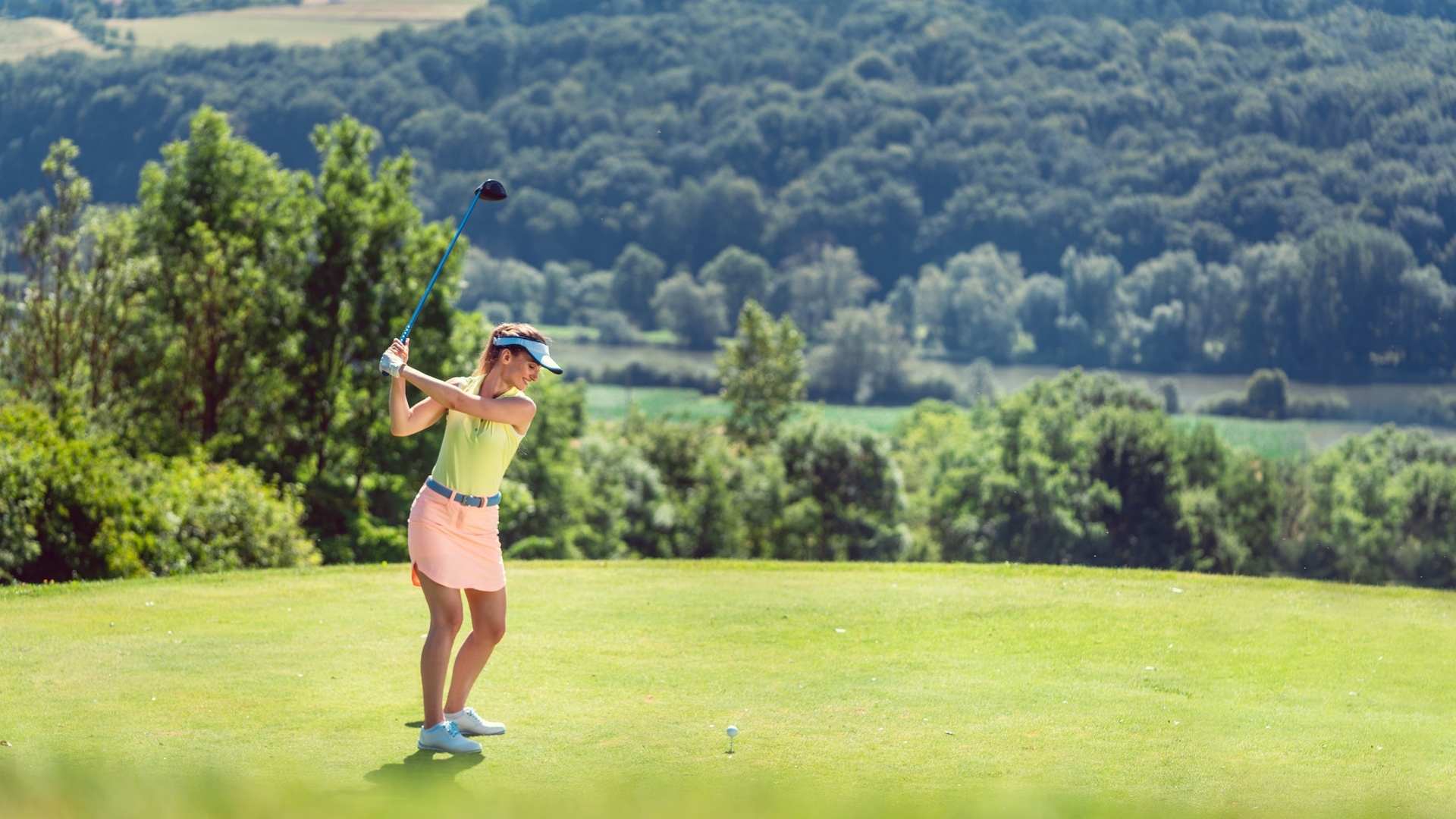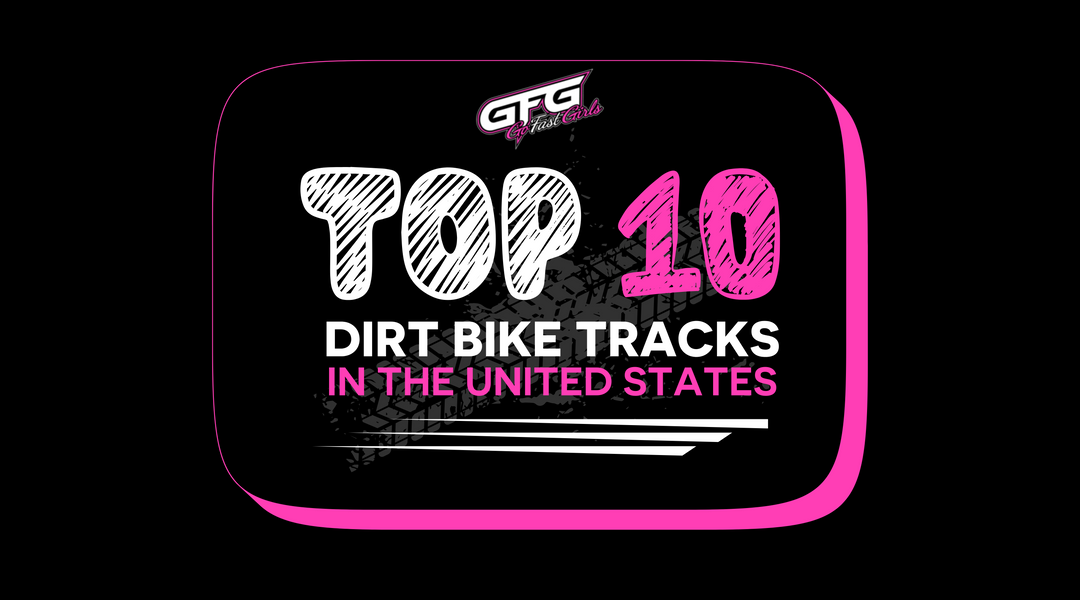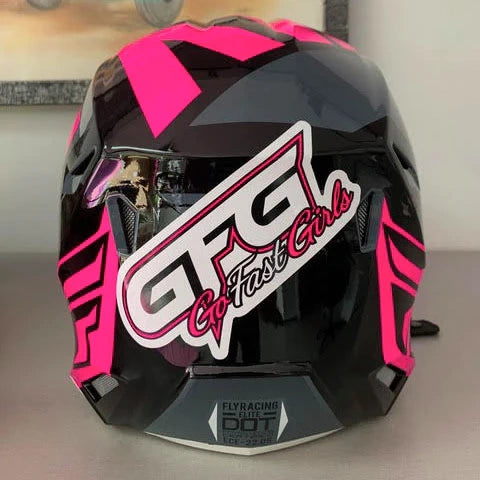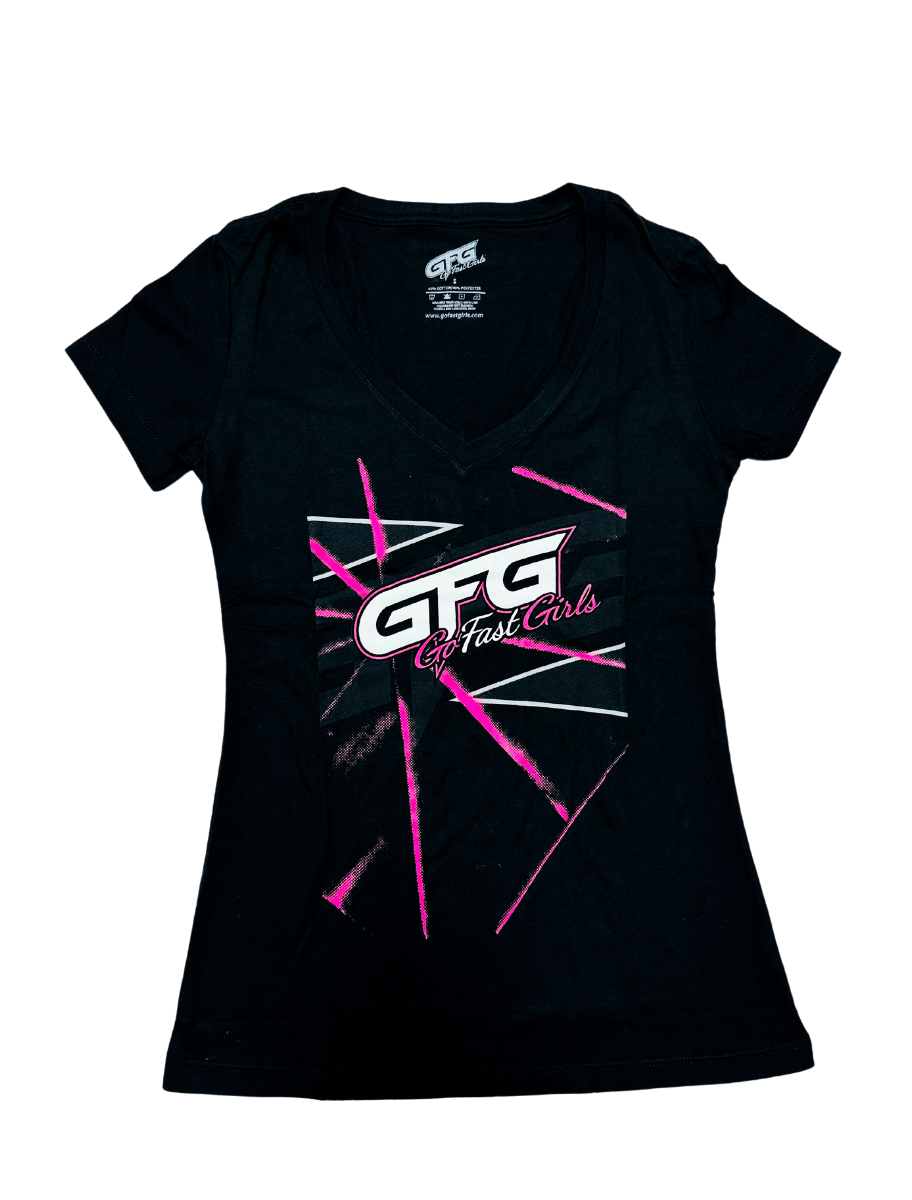At Tour de France Femmes, It’s a Steep Climb to Equality
Winner of the Tour de France Femmes, Dutch cyclist Marianne Vos, wore the Tour leader’s yellow jersey for the first time and explained it was not always a dream for her. Vos had attended the Tour de France every summer and camped with her family along the course for the entire three weeks, screaming encouragement as the riders sped across flat roads, pedaled up curvy mountain passes and flew down steep slopes. That was where Vos, now Olympic gold medalist and winner of numerous world championships, fell in love with cycling.
But since the Tour de France was only for men, it was never her goal to win it. Over time, she became one of the most accomplished women’s cyclists in history, and kept asking herself should men get all the media attention, fan adulation and money for the Tour de France? Why doesn’t the women have a similar race with just as much attention?
This realization was partly how the Tour de France Femmes was revived this week after a 33-year absence. Vos was a major force in lobbying to bring back the women’s race, which was held once in 1955, then again from 1984 to 1989, before it disappeared again for a generation.
“Of course, you can say maybe it has taken too long, but yeah, but I’m just happy it’s here,” stated Vos, who kept the yellow jersey on Tuesday after finishing second in Stage 3. It was her second runner-up finish in three days. “I think the time is right.”
What is the Tour de France Femmes?
The Tour de France Femmes is an annual women's cycle stage race around France. It is organized by Amaury Sport Organization (ASO), which also runs the Tour de France. It is part of the UCI Women's World Tour.
The Tour de France Femmes 2022 covered 1,029 kilometers and include back-to-back mountain stages, two stages, packed with gravel sectors, and four flat stages that could either end in bunch sprints or breakaway wins.
Celebrating Women and Cycling
Women still have a long way to go in achieving equality in sports. Linda Jackson, owner of the EF Education-Tibco-SVB women’s cycling team, stated the road to the top of the sport and to equality will take both time and calculated planning for success, especially when building something sustainable.
There are several signs that the sport is on the rise for women, she said, including more races, more TV coverage and higher minimum wages, which help riders focus only on their training (which means a higher level of competition).



